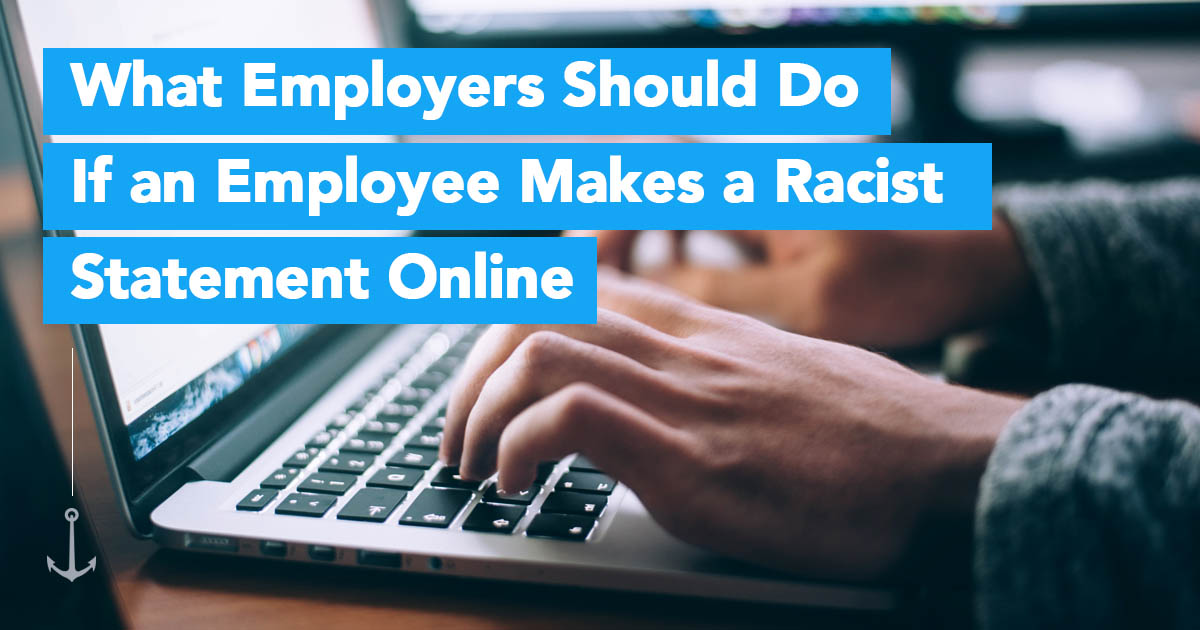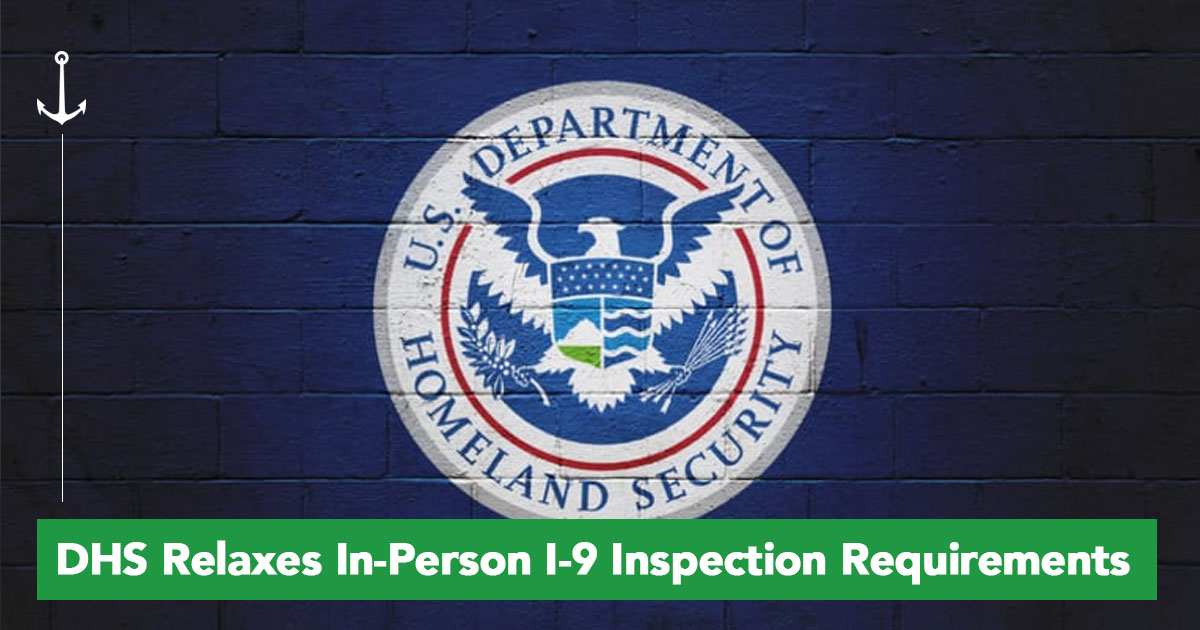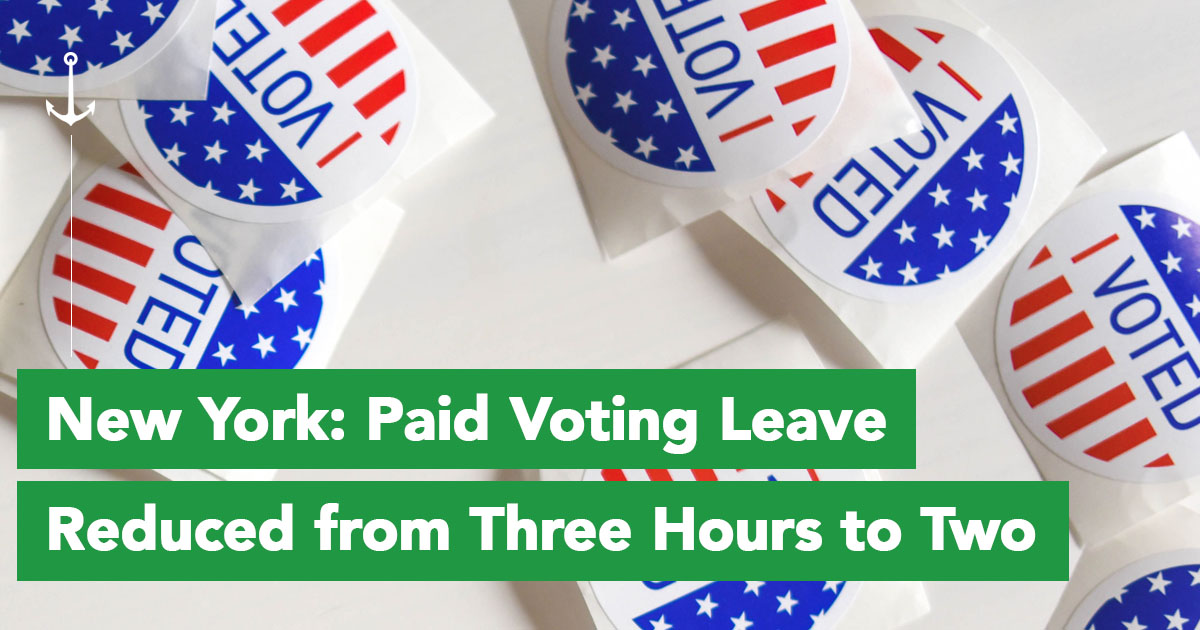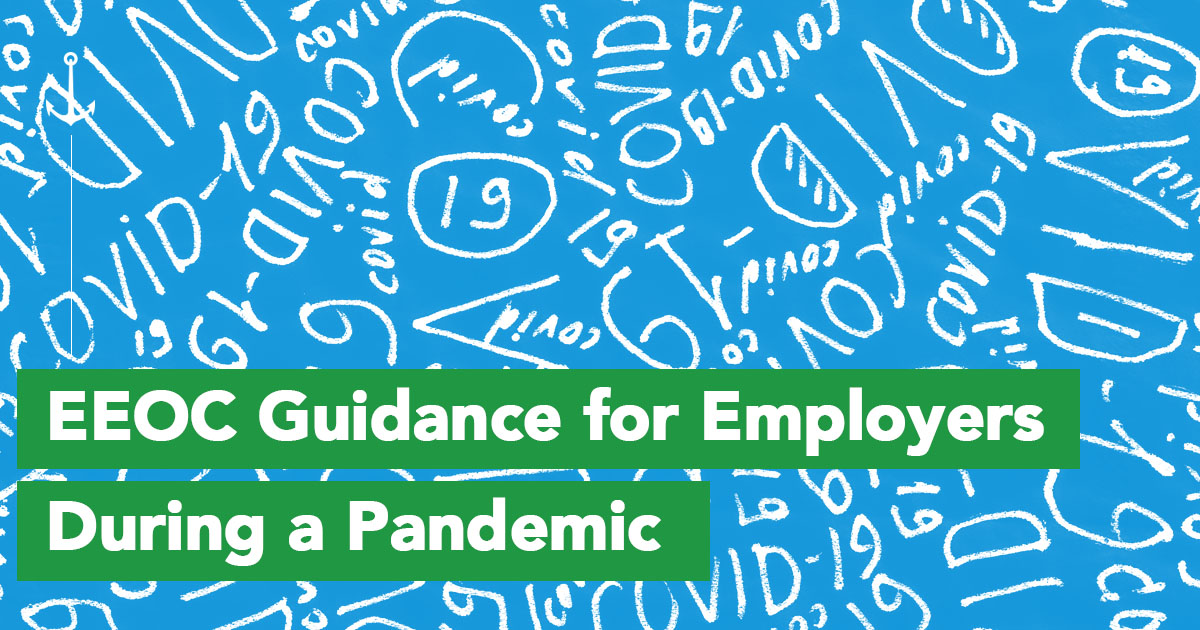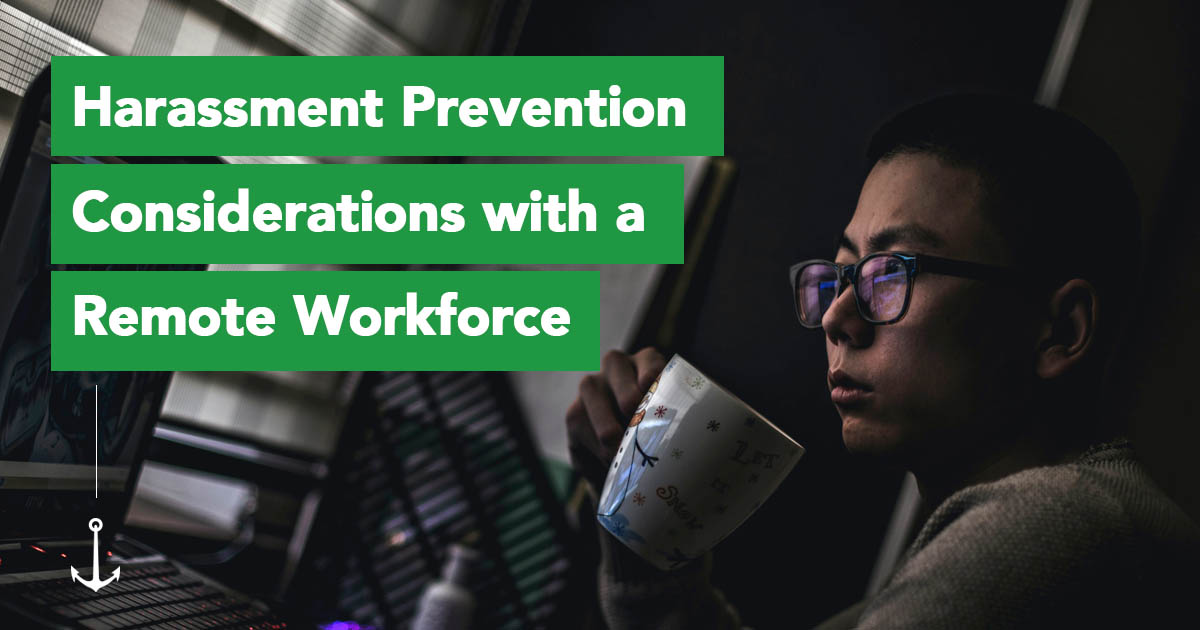Given renewed national attention on issues of racial equity and justice, employees and customers might be more inclined to report incidents of racism they witness in person or on the internet. In this article, we cover some recommended practices for employers if they receive a report that an employee has made a racist statement online.
Anchor Staff
Recent Posts
What Employers Should Do If an Employee Makes a Racist Statement Online
Topics: leadership, employers, hr, harrassment
Revive+Thrive: 3 Steps to Building Your Online Reputation
Now is the time to #reviveandthrive
Reputation is an expensive asset that most companies desire. What most of them do not know is that Reputation is based in a trustworthy relationship, shaped by communication. It takes time and effort like everything else in life that is worthy of having and keeping.
***Update: On June 16, DHS announced another 30-day extension of this temporary rule. The rule is now set to expire on July 19, 2020.
The physical presence requirement of the Employment Eligibility Verification, Form I-9, requires that employers, or an authorized representative, physically examine, in the employee’s physical presence, the unexpired document(s) the employee presents from the Lists of Acceptable Documents to complete the Documents fields in Form I-9’s Section 2.
New York has had voting leave for years, but in 2019 the state increased the number of paid hours from two to three. They have now reduced that number back down to two. Although all voters in New York will be able to vote by absentee ballot in the upcoming election because of COVID-19, employers may not require this; if an employee wants to vote in person, they have the right to do so. Additionally, employers may not require proof that an employee voted.
The spread of the Coronavirus (COVID-19) has employers rightly concerned about how to handle threats of contagion in the workplace. Along with those worries come concerns about violating other laws in the process of trying to keep the workplace safe. Specifically, the ADA comes to mind; if we send someone home who appears sick, have we then discriminated against someone with a disability? Thankfully, the Equal Employment Opportunity Commission (EEOC) has answered a number of common questions that employers are asking. Additional EEOC guidance can be found here.
Topics: covid_19, covid, teams, employers, employees, hr, humancapitalmanagement
Watch this valuable segment from Master Networks of New York & Connecticut's session with certified success coach, Liz Gabor. In this segment, Liz shares how to master the #1 success principle now to improve your life and business.
Topics: Revive+Thrive, Success
Harassment Prevention Considerations with a Remote Workforce
Using video conferencing apps for meetings can make for a more productive and engaging time than group discussions over the phone, but there are also some risks to consider:
Topics: leadership, effective meetings, teams, employers, employees, hr, humancapitalmanagement, harrassment
With all of the changes everyone has had to make over the past few months, not to mention the heightened stress we’re all feeling, it may be tempting to let certain practices slide or be less strict about following particular workplace policies. Flexibility during crisis situations may make sense in certain situations, but there are some areas where you don’t want to fall short of your usual standards. Documentation is certainly one of those.
Topics: leadership, teams, employers, employees, hr, humancapitalmanagement
There are a lot of reasons why an employee or a team may be underperforming, and sometimes it takes a little digging to get at the root of the problem. Under-performance could be due to a skill gap, unclear expectations, or a lack of incentive to perform. It could be due to obstacles in your organization that prevent people from completing their assignments or getting their work done on time. There could be a combination of factors that would need to be addressed before employees could routinely do their best work.
Topics: leadership, teams, employers, employees

